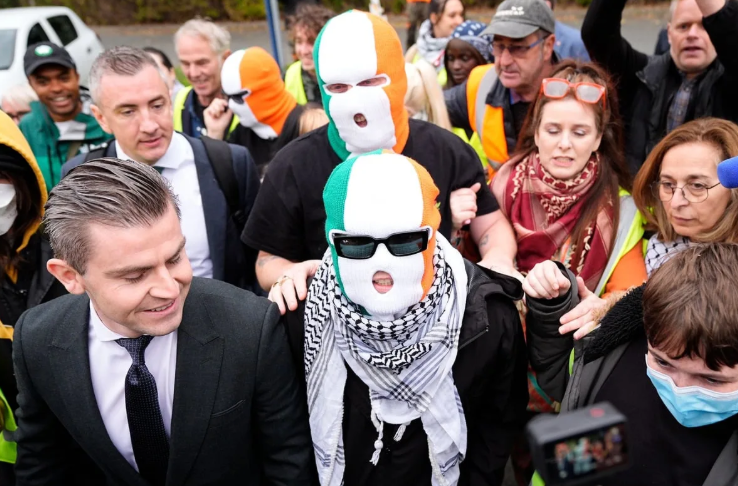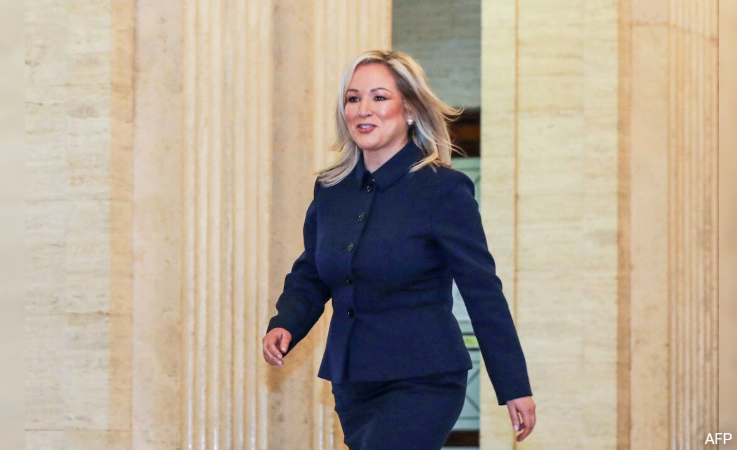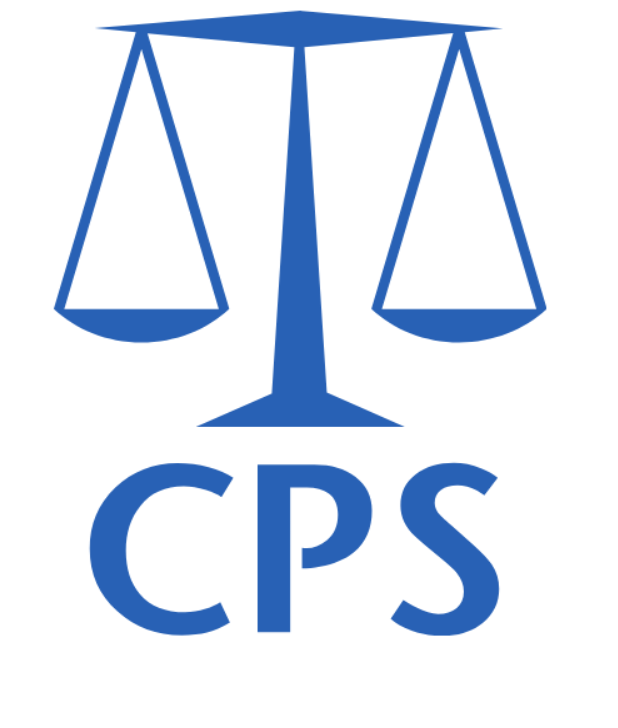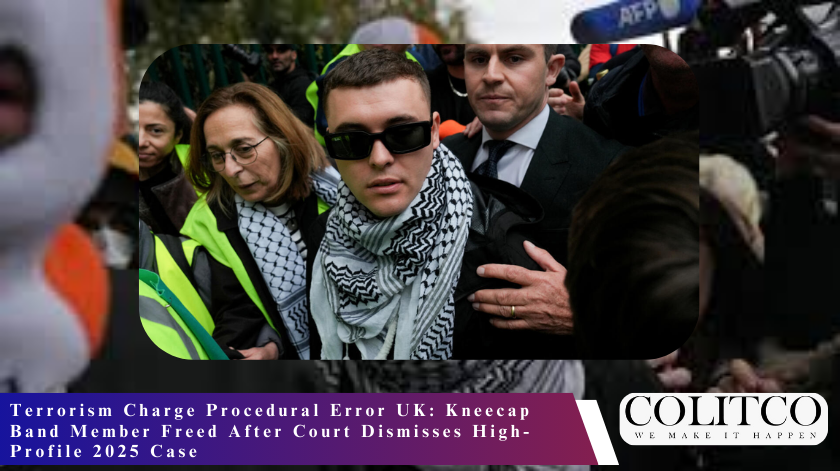Procedural error, terrorism charge, the UK has set the way for the dismissal of the case against one member of the Irish rap group Kneecap. The dismissal casts light upon the faulty nature of terrorism legislation and questions aspects of freedom of expression within the British model. The ruling became an instant topic of general discussion all over the United Kingdom and Ireland, with many considering it an avenue for change in the prosecution of acts of terrorism.
What happened in court?
Liam Óg Ó hAnnaidh, also known as Liam O’Hanna, was criminally charged after a performance in London in 2024, during which he was filmed waving a Hezbollah flag. The UK regards Hezbollah as a proscribed organisation, and the gesture was deemed by prosecutors to amount to support for a proscribed group.
Charges were thereafter formally laid in 2025 under the Terrorism Act. The case was, in fact, thrown out before trial by the Chief Magistrate Paul Goldspring, who found that instituting the proceedings was unlawful. The entire prosecution was consequently disintegrated even before the matter was tried.
Defence counsel maintained the charge was fatally defective from the outset, and their submission was accepted by the Court. The decision has taken observers aback, as they had expected a high-profile case to play out over several months rather than come to a swift dismissal.

Liam O’Hanna was charged after waving a Hezbollah flag during a 2024 London performance
Why was the error significant?
The dismissal came as a result of a technicality of how the charge was brought. Terrorism prosecutions in the UK have to be done by the book, under procedure; any little slip can be fatal to a case.
Legal experts said the authorisation was done incorrectly, so the prosecution had to fail. The case could not continue, despite the seriousness of the allegations against the accused. This case illustrates that every little legal detail matters and how exceedingly weak terrorism charges are if a technicality is not given due attention.
The Crown Prosecution Service has said it is currently reviewing the judgment and might consider an appeal. For critics, the dismissal stands as proof of how the system is weak, whereas supporters argue that it proves that legal safeguards do work in politically sensitive cases.
Is this politically motivated?
Kneecap is famous for its provocative lyricism and loud political commentary. It has never ceased being controversial, with many of its performances being criticised because of their themes. The group maintained that the charge was politically motivated, intended to silence dissent over matters such as Palestine.
Liam Óg Ó hAnnaidh disavowed any support for Hezbollah or Hamas, stating that the flag incident was satirical and not a bona fide endorsement. First Minister Michelle O’Neill was vocal in her condemnation of the charges, calling them “a calculated attempt to silence those who speak.”
Several members of the legislature remained on the same line, warning against the criminalisation of artistic expression. On the flip side, some argued that waving symbols of outlawed organisations undermines the national security interests of the country. Hence, this case lies right in the middle of a bigger political discourse on the limits between expression and terrorism.

First Minister Michelle O’Neill condemned the charges, calling them an attempt to silence voices
What are the broader implications?
The ruling opens the gates for serious implications in the future management of terrorist cases. Prosecutors would rather take a cautious approach to drafting charges, as just a small error can take down an entire case. This verdict has been welcomed by civil liberty groups, who see it as a reminder that due process must always be observed, even for sensitive cases.
English police forces are reviewing how the ruling impacts their work, for they know that errors in authorisations may cost the police years of investigation. Some analysts voice the concern that the opposition to such prosecutions will now become harsher, as lawyers will be ready to hit on every possible technicality to have the charges dismissed.
Dismissal of season two matches Kneecap’s reputation as ‘anti-establishment’ artists who never lack controversy. Conversely, for the government, the ruling is a clear blow to its larger counter-terrorism agenda.
Where to from here?
The CPS may appeal, as prosecutors debate the likelihood of winning the appeal. If successful, an appeal could resurrect the case, albeit requiring a rethink of the case structure.
However, if left standing, it will be of some precedential value and will serve as a cautionary note to prosecutors in the way they have rushed into terrorism charges. For Kneecap, the case has aggravated their international profile, garnering more attention towards their music and political message.
The band is expected to continue with provocation, which will garner criticism and possibly support also. For the authorities, the case stands as a lesson in politics, security, and legal process. The decision highlights the dangers of pursuing flawed prosecutions in matters with high visibility, particularly where freedom of expression meets terrorism law.

The CPS may appeal, potentially reviving the case with a revised legal approach
How has the public reacted?
Divided public opinion remains. Kneecap supporters hail the decision as one that validates free speech and rejects political targeting. The security establishment, on the other hand, has voiced concerns that permitting banned insignia on stage will conjure the wrong impression and therefore embolden extremism.
Nearly every media outlet in Europe has covered the case as symbolic of the wider struggles liberal democracies are presently undergoing to maintain civil liberties and provide for national security. It is thereby stated that the ruling will give rise to continuous deliberations regarding not only political expression in the context of Kneecap but also some of the existing boundaries to terrorism law within the UK.
The determination of this case could well be the starting point of a broader reassessment of how the courts, the police, and prosecutors will address future cases.
Also Read: Trump Designates Antifa as Terror Organisation Following Conservative Activist’s Death
FAQs
Q1: What does “terrorism charge procedural error UK” mean?
It means that an illegal charge has been levied because of some procedural error in authorising the charge of terrorism.
Q2: Why was the Kneecap band terrorism charge in the UK 2025 dismissed?
The court determined that the prosecutors had erred in the procedures, so the case was not valid even before the trial began.
Q3: Can the UK court dismiss the Kneecap terror case ruling be appealed?
Yes, the Crown Prosecution Service has a right to appeal the dismissal.
Q4: Does this case affect other terrorism prosecutions in the UK?
That is correct: it may force prosecutors to subject future terrorism charges to more stringent tests and heightened scrutiny.












